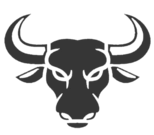The month of January receives its name from the Roman god Ianus or Janus, who is represented with two faces: one that looks to the past and the other that looks to the future, symbolizing change, transition and progress. So, in a very Janian mood, I want to share my experience developing an app delivery.
From 2020 to 2022 I worked on the creation of a delivery or pantry delivery application at home. This idea emerged before the pandemic and before food delivery became what we know today. For several months, I did user research, prototyping and testing, and then, moved by emotion, we began to develop the app. A few months later, the pandemic would change the entire world and revolutionize the world of food delivery, which caused a lot of capital to be invested in startups of food delivery all types. The time had come for the food tech.
Unfortunately, we were not ready to take advantage of that momentum and we were too slow to launch the service. As in entrepreneurship, when faced with difficulties and details, spirits drop, priorities change and the emotional momentum of startups also wanes. Given this context, we decided to lower the curtain.
From a distance, and with emotions under control, the best thing to do is share the story to inspire others, reflect on the things that I will improve in my next product, and to confirm to them that, behind every failed experience, it is true that there remains a fertile apprenticeship.
This is what I learned from the failure of my delivery app
1. Take tests as soon as possible
If you have tried to start a business or always have many ideas, surely you have imagined very interesting products, which in your mind are winners, that people will love and of course that will make you rich and famous. However, in reality, a new product is something that no one has seen before, and it takes time to assimilate and adopt. For this reason, before investing time and money in developing a product, it is advisable to carry out desirability tests.that is, experiments where you gather enough information that indicates that there are people willing to pay for your product.
This is how it happened to us: a favorable competitive landscape made us think that our product was validated and we went straight to development. Of course, this is one of the most attractive phases of creating a product, but you run the risk of wasting a lot of time and money. Any entrepreneurial literature you come across will emphasize this, so experiment before developing the product.
2. Get closer to your users (and never be separated!)
Identify your users, get to know them very well, and have them participate in the development of the product. But what if your product is under development and you don’t have users? For that you need to have hypotheses about who your users are and then check or discard them.
For example, when we started we had about 3 user hypotheses: hypothesis 1, students; 2, young parents; and 3 professionals (in another article I will talk about how to better formulate user hypotheses, but for now this serves as an example). Through interviews and prototypes, we were discarding some of these hypotheses: we simply realized that what we were originating did not solve their problems in a meaningful way.
It was until the end, with a half-developed product and with the pressure of not being able to continue, that I really connected with users who benefited from the app and who contributed invaluable feedback. I wish I had found them sooner!
3. This is not HE project of your life
This is my favorite learning. There are many stories about entrepreneurs who create something that revolutionizes the lives of many and their own, becoming the most important project of their lives. Or at least that is what some narratives tell us. When I started this project I thought that would happen to me. Then, I was invaded by fear when I pondered: pantry? I don’t like cooking or going to the supermarket, and now I’m going to be surrounded by supermarket products all day! In the end things weren’t like that: I didn’t end up surrounded only by supermarket products, but also by ideas, new people, new skills (including cooking!) and I ended up falling in love with app development and startups. As Tim Ferriss says in the book The 4-hour workweek: “You can be all the things you want to be. Do what excites you and do all the things you want.” So move on, this is just one of many projects.
4. This is not the project of your life, but it will change your life
Bringing down the curtain on my startup was difficult; In projects like this, the whole heart is invested. However, I am happy with what I achieved and what I learned and now I know that I can do it again and better. So no, this was not the project of my life, but one that has changed it: testing my skills, my ability to adapt, my ability to deal with frustration, and my ability to overcome the ups and downs of life. life. Now I know that this experience with this delivery app will give me a better foundation for the next one.


Roxana Rojas Linares Roxana Rojas is a specialist in innovation, entrepreneurship and business strategy with a master’s degree in Entrepreneurship from the University of Sheffield, England. She has collaborated in institutions such as the Tecnológico de Monterrey and the Interactive Museum of Economics. She currently works in the education technology industry identifying innovation opportunities for Twinkl Ltd.


